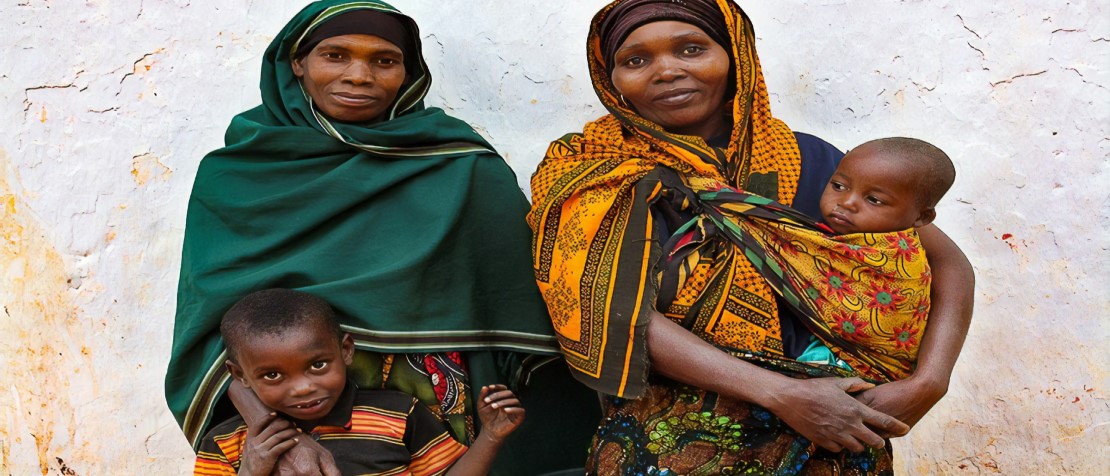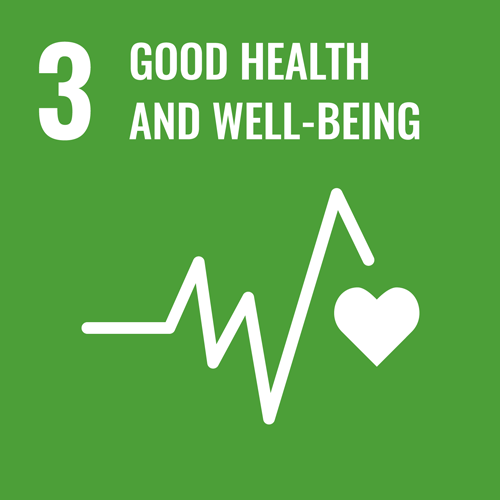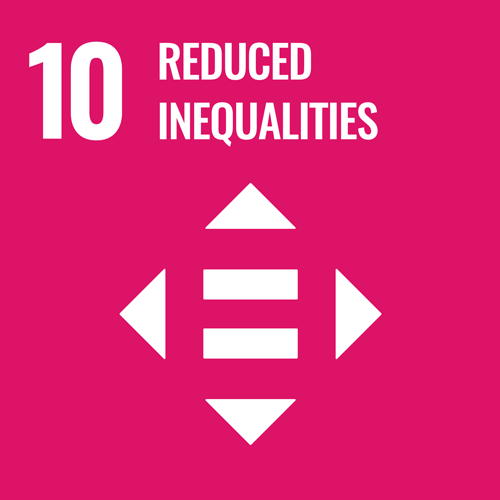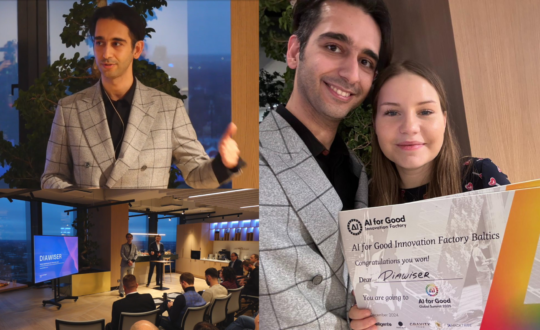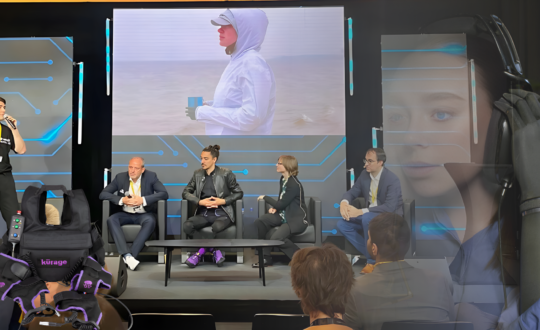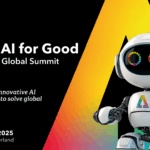Can simple digital tools lead to healthier lives for children, adolescents, and mothers?
In Tanzania – where limited resources result in over 800,000 preventable deaths of children under five and 1.2 million unintended pregnancies – two digital health projects aim to improve healthcare outcomes for women and children across the country.
Connecting healthcare communities
In middle- and lower income countries, where the quality of healthcare is hampered by a shortage of healthcare professionals, leveraging digital technologies can help achieve better results, according to Ulla Jasper, Policy Lead of Switzerland-based Fondation Botnar.
A lack of formal connections between key actors such as community health workers, health facilities and pharmacies or accredited drug dispensing outlets limits the capacity of care and affects how resources are managed, said Jasper.
Launched in Tanzania’s Kibaha district in 2019, Afya-Tek intends to fix this by integrating digital tools into primary health systems at the community level. It uses biometric identification technology and AI-powered analytics for support and coordination, leading to better decisions and easier referrals.
By digitalizing information flows, the project aims to ensure processes are better coordinated, more efficient and cost-effective.
Not only will the system lessen the workload of healthcare workers, community workers and other health actors will have more opportunities to exchange knowledge and information.
Positive uptake
Over 144,000 individuals have been registered so far by community health workers, including over 40,000 pregnant and postpartum women, children, and adolescents, according to Fondation Botnar. A study funded by the organization found “a general acceptance of community members and health system stakeholders towards, and hope in, the use of digital health interventions to link community health volunteers, public health facilities, and accredited drug dispensing outlets.”
In the future, Afya-Tek wants to consider the impact of integrating AI-enabled health assistants to fill the expected gap in availability of health workers.
A UN commission has projected a global shortfall of 18 million health workers by 2030 in the case of inadequate investment.
Tackling overprescriptions
Another project from Fondation Botnar leverages a clinical support algorithm powered by machine learning on tablets that aim to help frontline health workers diagnose children and adolescents with fever symptoms. DYNAMIC, a five-year study that began in 2019, seeks to reduce the overprescription of antibiotics.
Antibiotics are given to nine out of 10 children despite only one among them needing antibiotic treatment, according to Jasper.
Overprescription can lead to antibiotic resistance and resistant infections in turn tend to affect children. The project led by Unisanté and the École Polytechnique Fédérale de Lausanne, in collaboration with the Swiss Tropical and Public Health Institute and Tanzania-based Ifakara Health Institute and National Institute for Medical Research, will guide and train healthcare workers in diagnostic processes and improve the quality of decision-making.
Low-tech, inclusive lessons
DYNAMIC draws on earlier award-winning work by Professor Valérie D’Acremont from Unisanté and Swiss TPH and her research group. Their findings on fevers in Tanzania led to a first generation of algorithms powering tablets for personalized diagnosis and treatment. The second generation, connected to biosensors and rapid point-of-care tests, served to help health workers understand if a child or adolescent patient required an antibiotics prescription.
The project aims to help 740,000 children in 140 health facilities, reduce antibiotic prescriptions by 88 per cent and increase cure rates by 3 per cent.
If successful, treatment failures of one million children and 28 million unnecessary antibiotic prescriptions can be avoided each year in Tanzania, highlighted Jasper. An uptake of beneficiaries and more sick children attending primary care facilities will lead to more, better health data that could improve care outcomes.
At a public health level, digital monitoring tools and nationwide disease data can improve identification of localized epidemics and inform healthcare decisions at the individual and community level. Any solution reliant on technology must demonstrate equity of access with proper governance of data that preserves privacy, Jasper added.
Jasper hopes the two projects will make progress in terms of evaluated, tangible results.
Digital healthcare solutions that use AI do not have to “fancy high tech”, she noted, pointing out how an app on a phone or a tablet can be useful to achieve desired results.
There are lessons to be learned from digital health technologies for countries, irrespective of their economic status. “Afya-Tek is about overcoming fragmentation in the health system. It’s a problem in Tanzania’s health system but need not be limited to that country,” Jasper said. She acknowledged that it might be easier to reform a health system when it is not very established but also highlighted how the issue around improving integration of different health actors can apply to any country.
Fondation Botnar is part of the ITU-WHO Focus Group on AI for Health, which is free and open to everyone.
Those interested can learn more and participate here.
Image credit: CDC via Unsplash. Captured in the Lushoto District, Tanga Region, Tanzania, this image entitled Unconditional Love in Lushoto District, Tanzania, depicts two mothers comforting their children prior to enrollment in the locality’s transmission assessment surveys (TAS), for lymphatic filariasis (LF).



